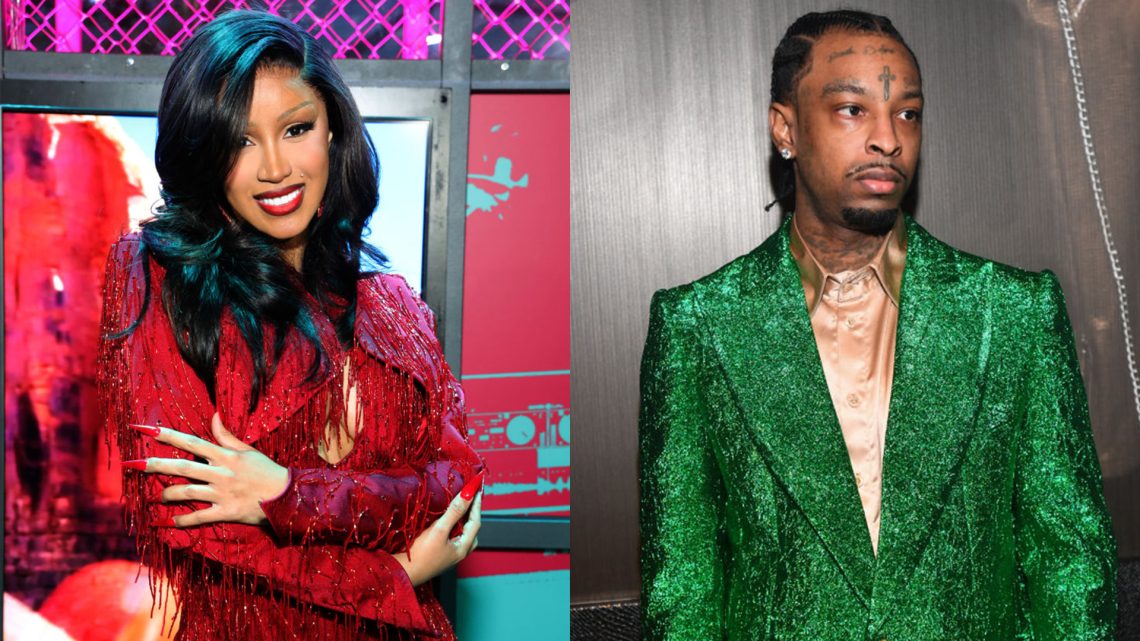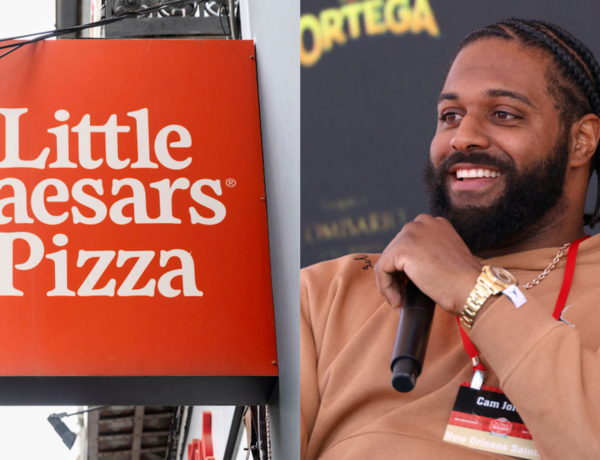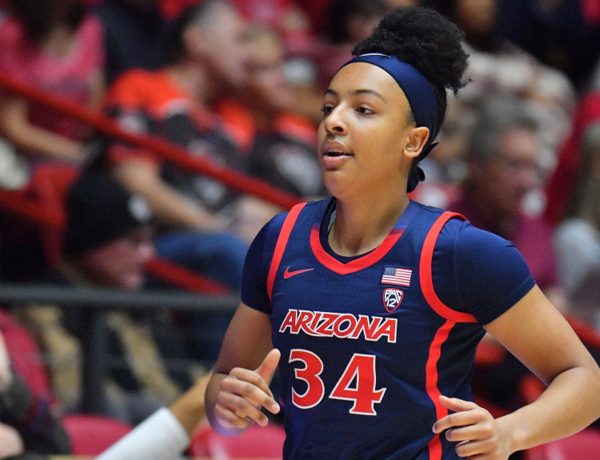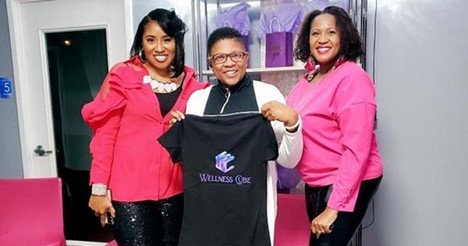In an open letter, almost 300 artists, songwriters, actors, and creators have shared their support for the No Artificial Intelligence Fake Replicas and Unauthorized Duplications Act (or No AI Fraud Act), a new bipartisan bill, which has the objective of regulating AI deepfakes and AI cloning of both voice and likeness, according to Billboard.
The bill was first introduced on Jan. 10 in the U.S. House of Representatives by Rep. María Elvira Salazar (R-FL) and fellow representatives, Madeleine Dean (D-PA), Nathaniel Moran (R-TX), Joe Morelle (D-NY), and Rob Wittman (R-VA).
Among the creator group supporting the bill are music artists Mary J. Blige, Missy Elliott, Smokey Robinson, Nicki Minaj, Cardi B, 21 Savage, Offset, Common, and Questlove, who are featured in a USA Today ad by the Human Artistry Campaign.
The outlet also explains that at this time, an artist’s voice, image or likeness is “typically covered by ‘right of publicity’ laws that protect them from commercial exploitation without authorization.” However, the laws differ across U.S. states.
In addition to artists, actors, and creators, the Recording Industry Association of America (RIAA), Universal Music Group (UMG), the National Music Publishers’ Association (NMPA), the Recording Academy, SoundExchange, the American Association of Independent Music (A2IM) and the Latin Recording Academy have joined in on the movement.
As previously reported by AFROTECH, the replication of music artists’ voices has become a controversial trend. In April 2023, UMG stepped in to have a viral AI-generated Drake and The Weeknd song, “Heart On My Sleeve,” taken down from streaming services. The music company voiced that “the training of generative AI using our artists’ music [represented] both a breach of our agreements and a violation of copyright law.”





